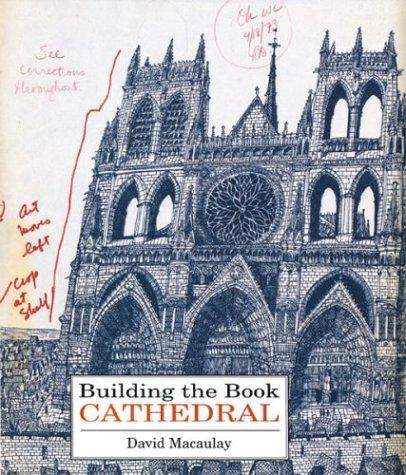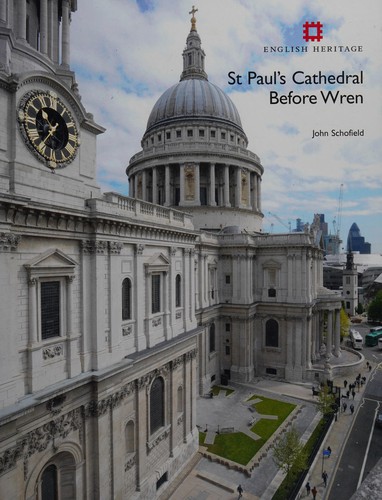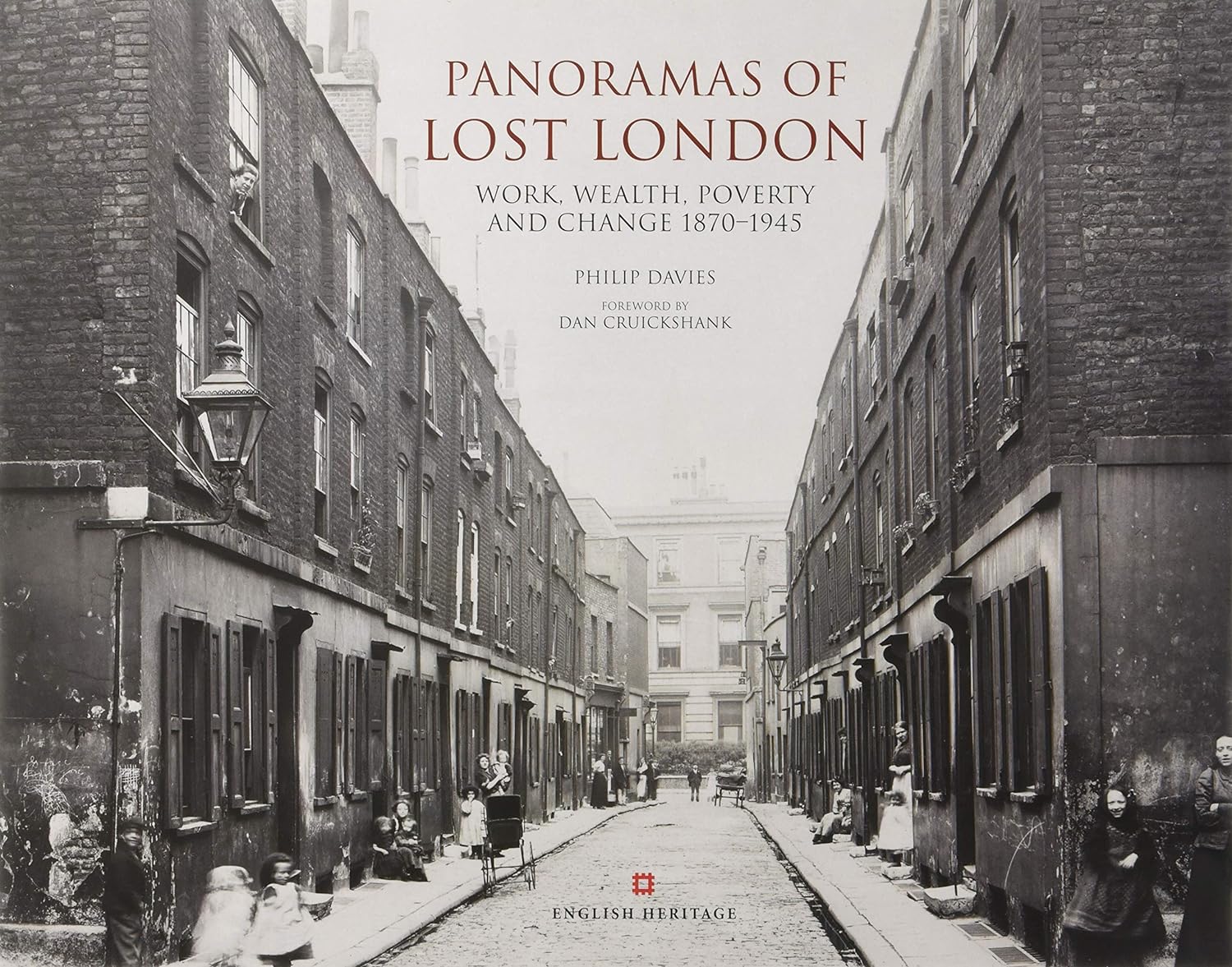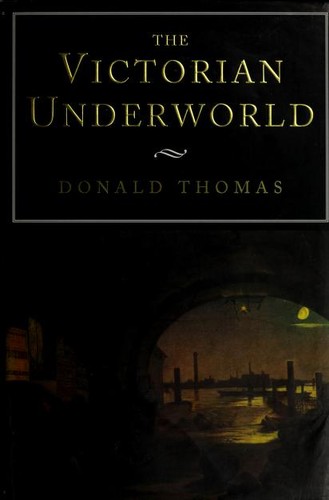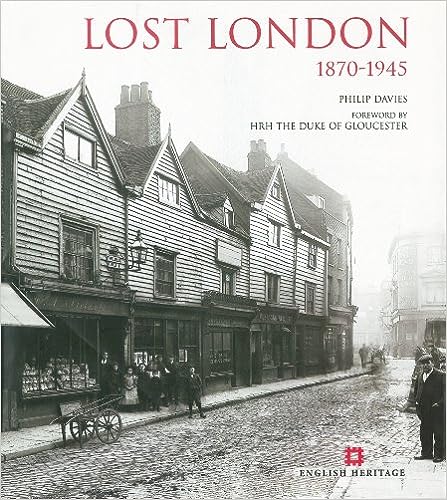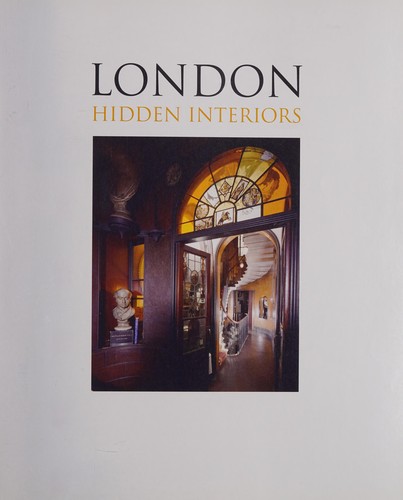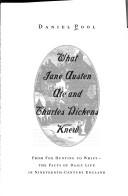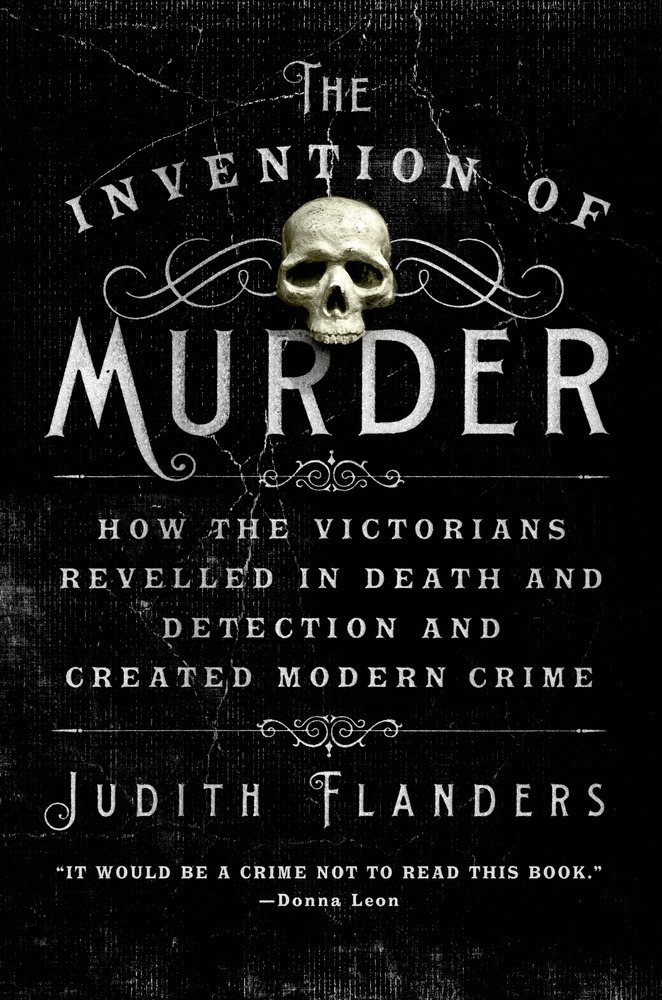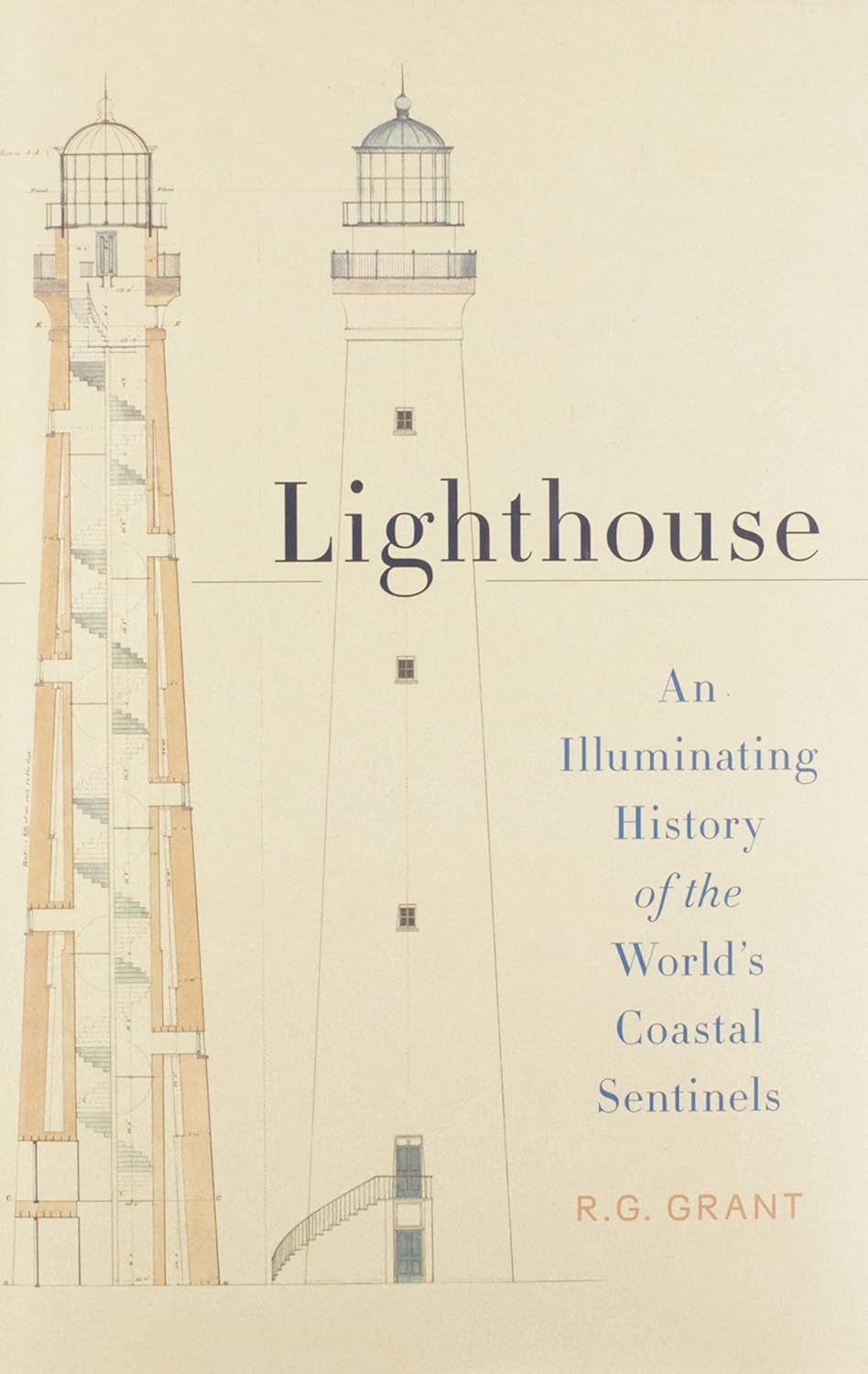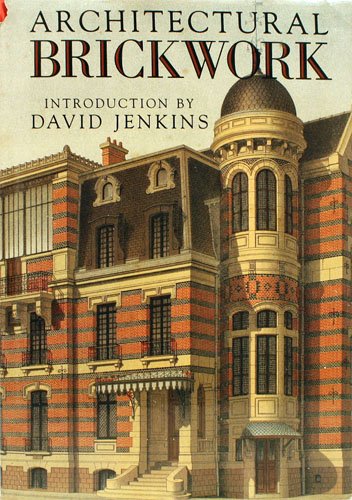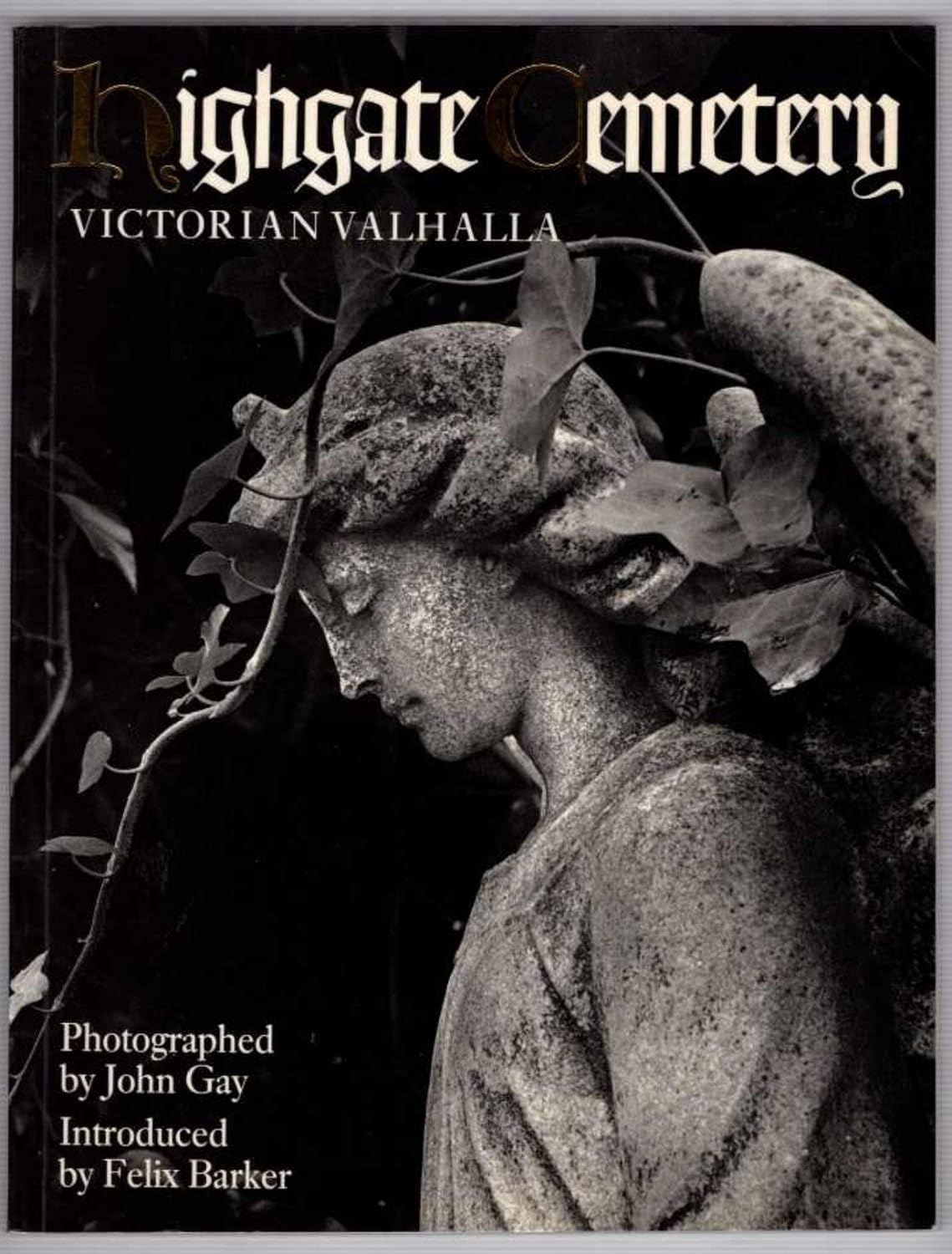eishiya reviewed Victorian pubs by Mark Girouard
Good look at 19th century London pubs
4 stars
Despite its general title, Victorian Pubs is almost entirely about pubs in London, with only the epilogue being about pubs in other cities. With that caveat in mind, I found this book informative and useful for getting an idea of not only the obvious details of Victorian-era pubs, but also the easier-to-miss patterns like how their layouts and fittings evolved over the 19th century, and the context that drove those changes.
Although written with the assumption that the reader will have some familiarity with surviving pubs and some expectations for what they may have been like originally, it still provides enough information that a foreign ignoramus such as myself now feels decently confident in being able to depict one in a period story. Victorian Pubs doesn't get distracted by the glitter of its subject and goes beyond just describing their architecture and ornament. It talks about how they were run, …
Despite its general title, Victorian Pubs is almost entirely about pubs in London, with only the epilogue being about pubs in other cities. With that caveat in mind, I found this book informative and useful for getting an idea of not only the obvious details of Victorian-era pubs, but also the easier-to-miss patterns like how their layouts and fittings evolved over the 19th century, and the context that drove those changes.
Although written with the assumption that the reader will have some familiarity with surviving pubs and some expectations for what they may have been like originally, it still provides enough information that a foreign ignoramus such as myself now feels decently confident in being able to depict one in a period story. Victorian Pubs doesn't get distracted by the glitter of its subject and goes beyond just describing their architecture and ornament. It talks about how they were run, who went to them, how various factions viewed them, and the companies and individuals responsible for designing and building them.
Victorian Pubs is illustrated throughout in black and white with some colour photos. As to be expected, the photos and text skew towards the end of the 19th century, but there's a decent amount of coverage about and some drawings of pre-1880 pubs. As always, I'd have liked to see more, but what's there is a good mix of period and modern images, overviews and detail shots, as well as plans and catalogue excerpts.
For a solid understanding of (mostly London) pubs in the Victorian era for your fiction-creating needs, Victorian Pubs is worth reading. One thing you'll want to research elsewhere is the changing terminology over the course of the 19th century - they weren't always called "pubs", after all.


